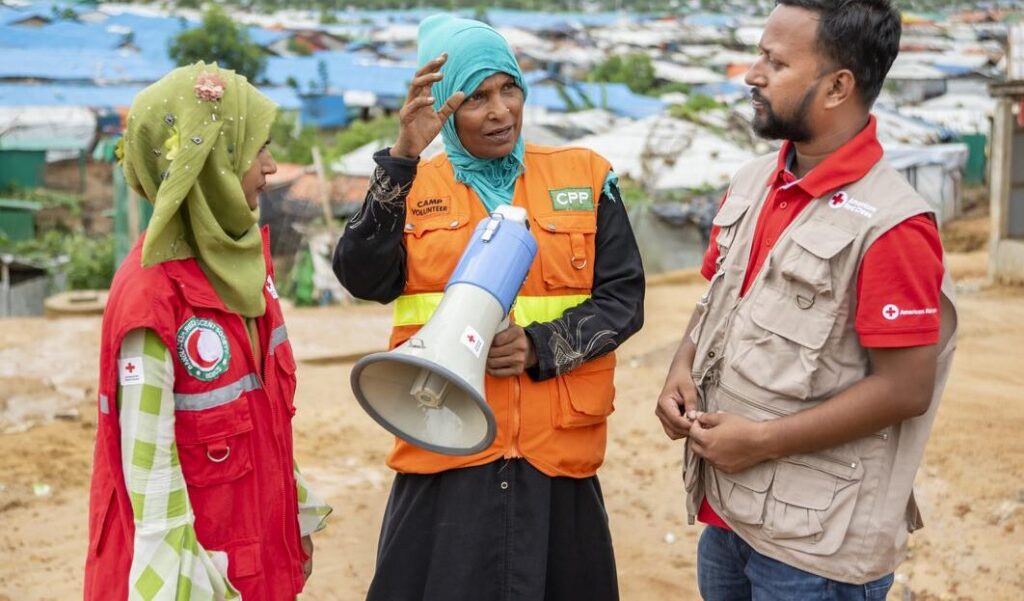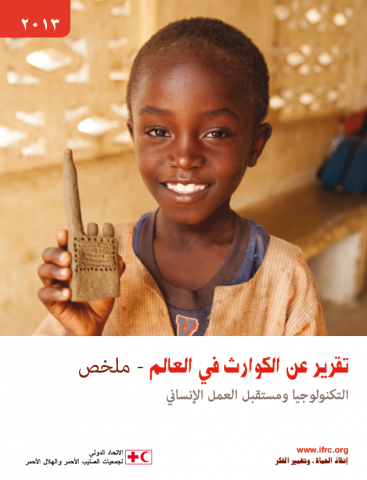Cyclone Preparedness Programme (CPP)
Official website of the Cyclone Preparedness Programme (CPP) in Bangladesh which was established in 1972 and is operated as a joint intiative of the Government of Bangladesh and the Bangladesh Red Crescent Society. THe CPP has been credited with bringing about a significant reduction in loss of life in Bangladesh as a result of cyclones […]
Cyclone Preparedness Programme (CPP) Read More »


